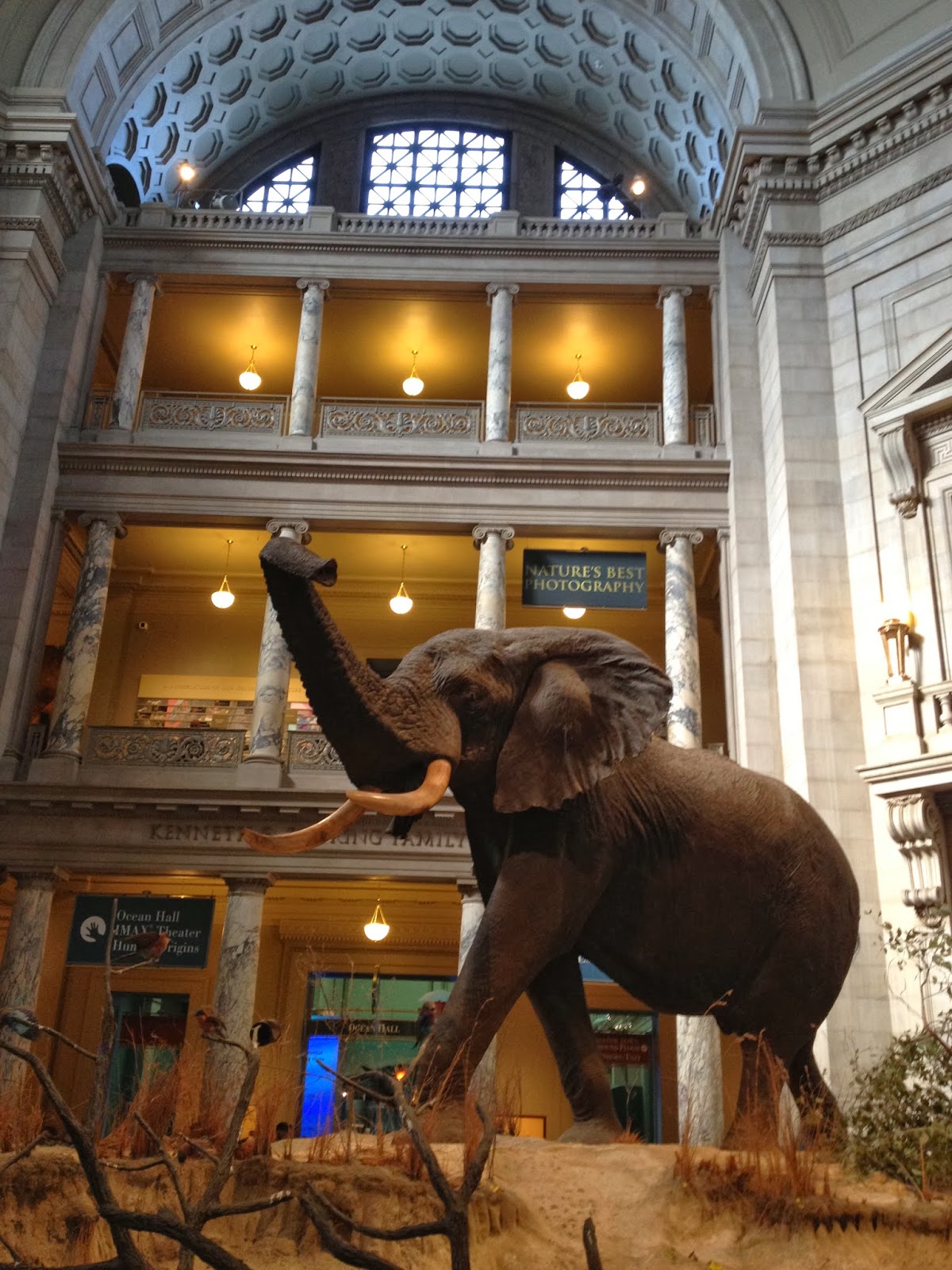 Doctor Thorne
Doctor Thorne by Anthony Trollope
★★★★☆
This series just keeps getting better and better and for me, this one was the best so far. As much as I enjoyed the social commentary in the first two, it was refreshing to step away from the debate over who would be the new town Warden.
In this novel Doctor Thorne’s brother leaves his illegitimate child in the Doctor’s care upon his death. The Doctor raises her as his own daughter. As Mary Thorne grows up she spends many of her days playing with the wealthy Gresham children. Years later Mary and Frank, the only Gresham son, fall in love but he is told by his controlling mother, Lady Arabella that he must marry for money to save the family estate.
Scatcherd is Mary’s uncle on the other side of her family (her mother’s brother). He starts off as a lowly stonemason, but rises to power as he becomes wealthy. As the Greshams sink farther and farther into debt, Scatcherd’s control of their property increases. Upon his death he plans to leave his vast wealth and the Gresham’s home to his son, but if his degenerate son passes away everything will go to his next closet relative, who happens to be Mary.
As a novel progressed I began to realize that it was an interesting combination of “Pride and Prejudice,” “Persuasion,” and “Great Expectations.” Mary and Frank’s relationship mirrors the first. Frank’s entire family reminded me of Darcy and Bingley’s extended clan. Even though they all love Mary, they discourage the match because she isn’t a suitable wife for Frank. There’s also Frank's sister who turns down a proposal because her cousin tells her it's unacceptable, which brought “Persuasion” to mind. The tidy full-circle plot which features an orphan reminded me of Dickens. This is not to say that Doctor Thorne is a recreation of any other novel. The book just reminded me of some of my favorites in a very positive way.
Dr. Thorne is such a moral man and he has such strong protective feelings for his niece. Even though he could secure her future by sharing her potential wealth as an heiress, he wants Frank and his family to love her for who she is, regardless of whether she is rich or poor. That’s why this is truly Doctor Thorne’s story and not Frank or Mary’s. Doctor Thorne is trapped in the midst of this impossible situation and every decision he makes is with Mary’s best interest at heart. He is the best kind of man.
BOTTOM LINE: Unlike the previous two books, this one was an unabashed love story. The exploration of social standing and class are so beautifully written you can't help but root for Frank and Mary throughout the book. This has definitely been my absolute favorite of the Barchester books so far.
“There is no road to wealth so easy and respectable as that of matrimony.”
Share your wrap up post with all of us at the end of the month and tweet your thoughts at #Trollope2014.
*****************************
Our Chronicles of Barsetshire
readalong moves right
along we're reading Framley Parsonage in July. Check out Amanda's posts at Fig and Thistle and dive into the next book!



























